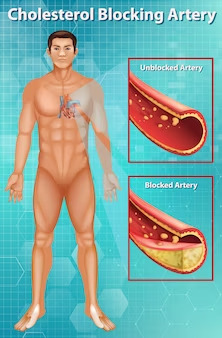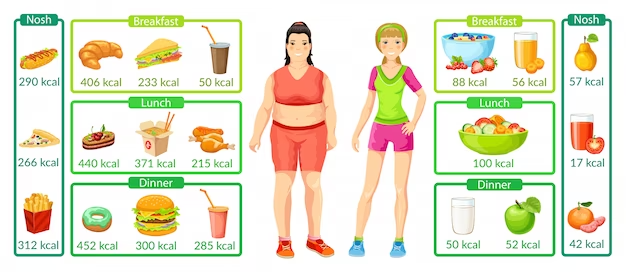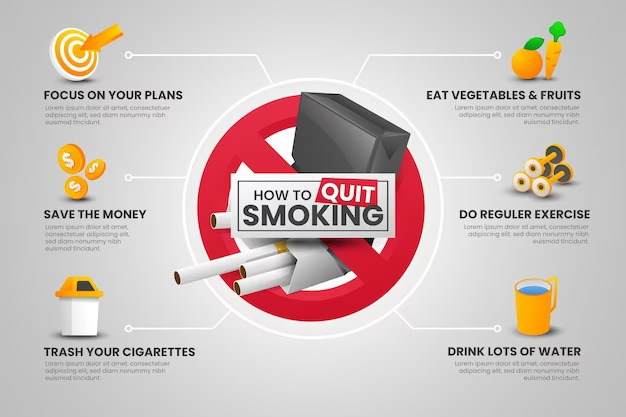Certain lifestyle changes can help to improve – or even prevent – heart disease. To improve heart health, make the following changes:
1.Get your cholesterol checked.
Ask your doctor for a baseline cholesterol test when you’re in your twenties, and then every 4 to 6 years after that. If high cholesterol runs in your family, you may need to start testing sooner. If your test results aren’t in a desirable range or you have risk factors for heart disease, you may need more frequent checks.

2. Maintain good hygiene.
To stay healthy, wash your hands frequently and brush and floss your teeth.

3.Keep a healthy weight.
Obesity increases the risk of heart disease. Set realistic body mass index (BMI) and weight goals with your healthcare provider.

4.Maintain healthy sleeping habits.
Sleep deprivation may increase the risk of heart disease and other chronic diseases. Adults should aim for 7 to 9 hours of sleep per day. Children frequently require more. Every day, including weekends, go to bed and wake up at the same time. If you have trouble sleeping, talk to your provider about possible solutions.
5.Maintain blood pressure control.
High blood pressure that is uncontrolled increases the risk of serious health problems. If you’re 18 or older, have your blood pressure checked at least every two years. If you have heart disease risk factors or are over the age of 40, you may need more frequent checks. Inquire with your doctor about the best blood pressure reading for you.

6.Don’t smoke.
Smoking is a major risk factor for heart disease, especially atherosclerosis. Quitting is the best way to reduce the risk of heart disease and its complications. If you need help quitting, talk to your provider.Tobacco use is a major risk factor for heart disease, particularly atherosclerosis. Quitting smoking is the most effective way to lower your risk of heart disease and its complications. Speak with your service provider if you need assistance quitting.

7.Exercise
Physical activity can help you achieve and maintain a healthy weight. Regular exercise helps control diabetes, high cholesterol, and high blood pressure, all of which are risk factors for heart disease. With your provider’s permission, aim for 30 to 60 minutes of physical activity most days of the week. Consult your doctor about the amount and type of exercise that is right for you.

8.Consume nutritious foods.
Consume a variety of fruits, vegetables, and whole grains. Limit your intake of sugar, salt, and saturated fats.

9.Diabetes should be managed
Tight blood sugar control can help reduce your risk of heart disease if you have diabetes.

10.Control your stress
Find ways to alleviate emotional stress. Stress can be reduced and managed by increasing physical activity, practising mindfulness, and connecting with others in support groups. If you suffer from anxiety or depression, talk to your doctor about treatment options.

What you are able to do ?
Pre-appointment restrictions should be considered.
When you make the appointment, inquire if there is anything you should do ahead of time, such as restrict your diet. Before a cholesterol test, for example, you may need to refrain from eating or drinking (fast).
Prepare to talk about your diet, smoking and exercise habits
If you don’t already have a diet or exercise routine, talk to your doctor about starting one.
Make a list of important personal information
such as a family history of heart disease, stroke, high blood pressure, or diabetes, as well as major stresses or recent life changes.
Make a list of your symptoms
Including any that appear to be unrelated to heart disease.
Make a list of the medications
vitamins or supplements you’re taking.
Some basic questions to ask your doctor about heart disease include:
- What is the most likely cause of my symptoms or condition?
- What other factors could be causing my symptoms or condition?
- What tests will I require?
- What is the most effective treatment?
- Is there a generic version of the medication you’re prescribing?
- What are the alternatives to the primary approach you propose?
- What foods should I eat and which should I avoid?
- What is a healthy level of physical activity?
- How often should I have a heart disease screening? For example, how frequently should I have a cholesterol test?
- I have other medical issues. How do I manage them all?
- Are there any rules I have to follow?
- Should I see a doctor?
- Are there any brochures or other materials available?
In the meantime, what can you do?
It is never too early to begin making healthy lifestyle changes such as quitting smoking, eating healthier foods, and increasing physical activity. A healthy lifestyle is the most effective way to avoid heart disease and its complications.


